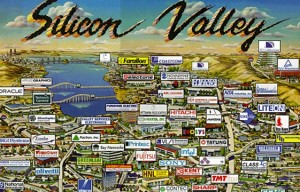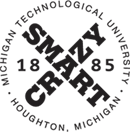
The Experience of a Lifetime
Each spring 15 students travel from Michigan Technological University in Houghton, Michigan, to the world hub of start-ups and entrepreneurs- Silicon Valley. This eye-opening experience focuses on immersing students in real companies, with real players, and the current challenges they face.
This year, you can to go Silicon Valley during Spring Break (March 8-14). Visits with entrepreneurs, inventors, managers and companies including Brocade, Cisco, and Google will provide you with a first-hand understanding of technology built enterprises that are revolutionizing global business.
Take Advantage of This Opportunity
Brocade is once again sponsoring the trip bringing the cost to $300 per person including airfare, hotel accommodations with breakfast each morning and transportation throughout the duration of the trip.
This trip is open to all Michigan Tech students. Please pass the information along. Student participation is based on a two minute interview on “Why you want to work and live on Silicon Valley.” If you are interested in participating, please email Karen Foltz at ksfoltz@mtu.edu. You will be assigned interview time starting at 4:00 pm on December 5, 2013.
Click here to view the PDF Brochure: SiliconValley2014


